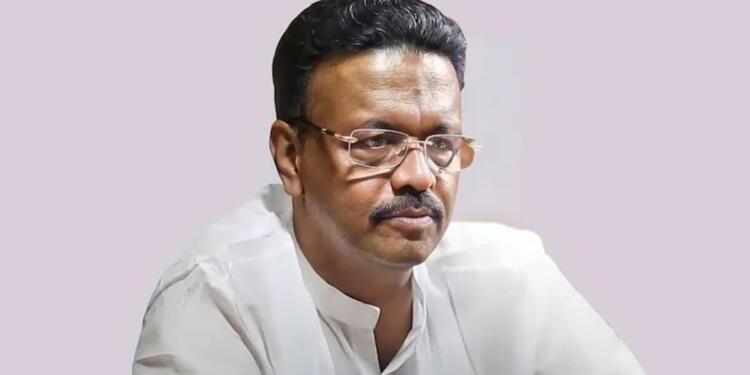In a recent statement, Kolkata Mayor Firhad Hakim has strongly advocated for the introduction of new legislation to address violence against women, following a tragic incident involving the rape and murder of a trainee doctor in Kolkata. Hakim’s comments come in response to President Droupadi Murmu’s article, “Women’s Safety: Enough is Enough,” which has sparked significant discussion about the safety of women in India.
Hakim expressed deep concern and frustration over the President’s focus on the Kolkata incident while seemingly overlooking similar crimes in other states, particularly Gujarat. He questioned why President Murmu chose to highlight the RG Kar Medical College case specifically and remained silent on comparable incidents occurring elsewhere. His critique also extended to the Prime Minister, urging Modi to enact a new law to ensure stricter justice for crimes against women.
The Kolkata Mayor, who also serves as the Urban Development and Municipal Affairs Minister, argued that recent violent crimes in Bengal are being incorrectly attributed to the state’s culture. He asserted that the issues are not inherent to Bengal but rather influenced by external factors, particularly pointing to Gujarat. Hakim criticized the practice of garlanding rapists in Gujarat, claiming it sends a dangerous message that encourages similar criminal behavior.
Hakim called for the Prime Minister to act decisively, stating, “We want the PM to bring in a new law. What are they waiting for?” He contrasted this with the current state of affairs, noting that while the Prime Minister speaks of a return to an idealized past, criminal elements are thriving in the present.
Highlighting the Bengal government’s proactive stance, Hakim emphasized that Chief Minister Mamata Banerjee is advocating for a law that would ensure no rapist could escape justice. He reaffirmed that the state government supports the death penalty for perpetrators and is committed to waiting for the courts to deliver justice. He underscored that the Supreme Court views the RG Kar case as a national issue, not confined to Bengal alone.
Hakim defended the state’s approach to the situation and rejected criticisms of the Bengal government’s handling of protests and legal challenges. He called for a united effort to combat violence and uphold the safety of women, stressing that the issue transcends regional politics and requires a collective national response.
























